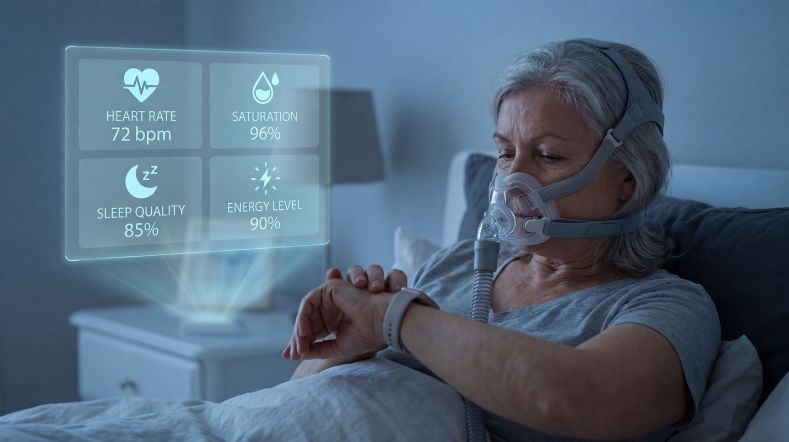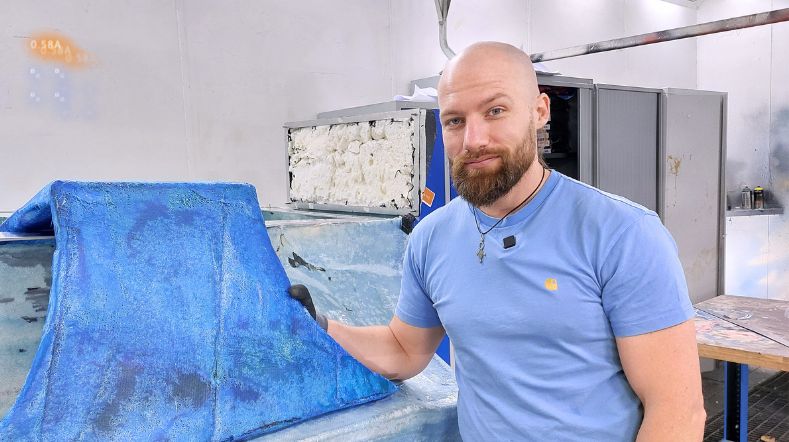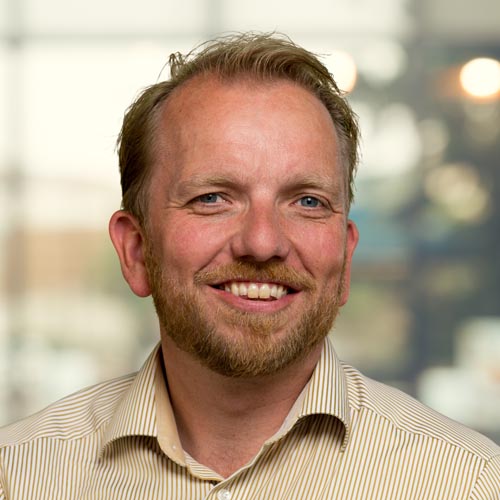
Environmental DNA: TNO charts a new course for biodiversity monitoring
The first Dutch national eDNA workshop marked a turning point in how the Netherlands approaches biodiversity monitoring. Environmental DNA (eDNA)—genetic material left behind by organisms in water, soil, air, or on surfaces—offers a powerful, non-invasive way to detect species and ecosystem changes. The workshop brought together leading scientists, policymakers, and practitioners to lay the foundation for a national eDNA strategy.
What can we do with eDNA?
eDNA opens up a world of possibilities for monitoring and protecting nature. By analysing DNA traces in the environment, we can:
- detect rare or elusive species without disturbing them
- monitor biodiversity trends over time and space
- track invasive species or emerging pathogens before they become a problem
- assess ecosystem health and the impact of human activities
- support conservation efforts and inform policy with real-time, evidence-based data
This technology addresses the challenge of traditional monitoring methods, which are often labour-intensive, costly, and limited in scope. With eDNA, we can gather more comprehensive and timely information, helping to solve urgent issues like biodiversity loss, invasive species, and environmental change.
How is eDNA measured—and what makes it unique?
eDNA is collected by taking samples from water, soil, or air—no need to catch or even see the organisms themselves. In the lab, advanced sequencing techniques identify which species’ DNA is present in the sample. This approach is unique because it is:
- non-invasive: no harm or disturbance to wildlife
- sensitive: able to detect even low-abundance or hidden species
- scalable: suitable for large-scale, repeated monitoring
- versatile: applicable in aquatic, terrestrial, and even urban environments.
By combining eDNA data with modern analytics, researchers can map biodiversity, detect changes quickly, and provide actionable insights for decision-makers.
Why does it matter?
The urgency is clear: climate change, biodiversity loss, and pollution threaten ecosystems worldwide. eDNA offers a way to monitor these changes efficiently and accurately, enabling faster and better-informed responses. For the Netherlands, this means supporting evidence-based policy, meeting international biodiversity targets, and maintaining a leadership role in environmental innovation.
Key components of the workshop
The workshop was more than just a meeting of minds; it was the official launch of the Dutch national eDNA working group. Participants from research institutes, government, and industry shared their latest insights and agreed on a shared ambition: to build a robust, inclusive, and future-proof eDNA infrastructure.
This infrastructure will not only inform Dutch policy, but also position the Netherlands at the forefront of biodiversity monitoring and environmental decision-making.
A central theme of the workshop was the need for standardisation. As eDNA technology advances, harmonising protocols for sampling, sequencing, and data reporting is essential for producing reliable and comparable results.
Sessions on standardisation and roadmap development led to concrete recommendations for aligning efforts across the Dutch eDNA community.
The workshop produced a clear roadmap for the future. Immediate next steps include formalising the national eDNA working group, coordinating ongoing projects, engaging a broad range of stakeholders, and securing funding for the Netherlands eDNA Initiative (NEDI).
The group aims to foster long-term collaboration and ensure that the tools and knowledge developed are accessible and relevant for both science and society.
Download the full report
Curious about all the findings, detailed perspectives, and the complete roadmap? Download the full workshop report for comprehensive background information and in-depth insights:
Want to get involved?
Are you interested in shaping the future of eDNA monitoring in the Netherlands? Whether you’re a researcher, policymaker, industry partner, or citizen, the Dutch national eDNA working group welcomes your ideas and participation. Join us as we build a sustainable, innovative framework for biodiversity and environmental health. Get in touch with us through the contact page below.
Get inspired
A fossil-free 2050 is technically achievable – but requires earlier action, greater effort, larger investments and international cooperation


Beyond the breath count: patients want meaningful digital metrics in sleep apnoea monitoring


Time setter story: Brad about internship


Report: Drop-in solutions as an accelerator of biobased chemistry


Webinar: The energy and wellbeing impact of streaming


